The Nature Crime Files – Declassified
Europe presents itself as a progressive defender of biodiversity and the environment, but in reality is doing little to stop corporate greed and corruption from destroying both.
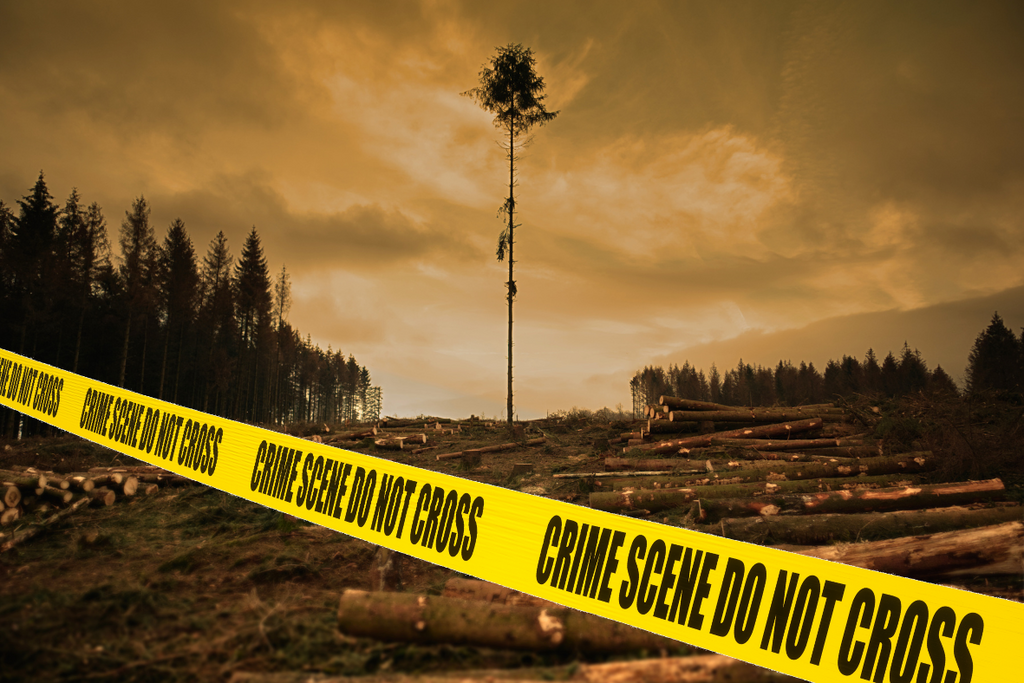
Exposing the criminals behind nature’s destruction
Behind the EU’s shiny facade of nature protection lies a dark truth: a host of crimes against natural ecosystems, including clear-cutting, invasive tree planting, illegal logging and the illegal timber trade, are wreaking havoc on forest ecosystems.
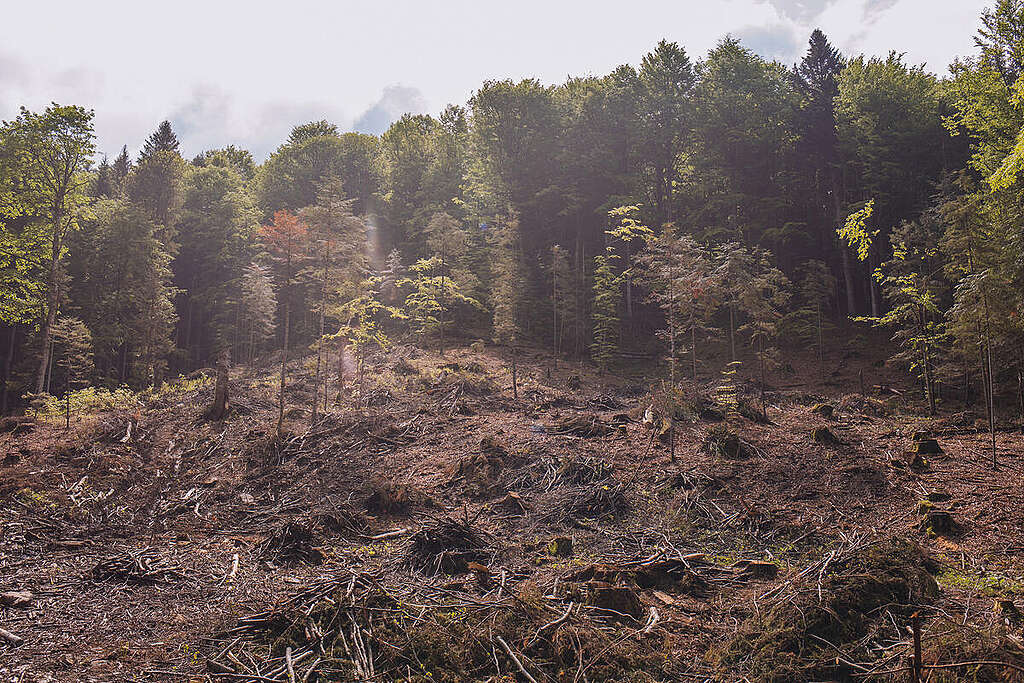
The problem
Europe, where about 40% of the land is covered by forests, claims to be a progressive defender of biodiversity and the environment. But simply looking at the percentage of forest cover and the percentage of protected areas does not give a true picture of the dire state of Europe’s nature. The truth is that only 15% of the EU’s habitats are in good conservation status, even though formal protection extends to over 26% of the EU’s territory.
Industrial forestry practices have also ruthlessly damaged the natural complexity of forests and the diversity of plant and animal life. This exploitation has resulted in forests with fewer tree species, often with even-aged monoculture plantations that hinder the fight against climate change and the collapse of biodiversity.
What can be done
While the logging industry plunders protected landscapes and governments turn a blind eye, companies exploit legal loopholes to wipe out ancient forests and precious biodiverse ecosystems to make short-lived products that are used for packaging, furniture or simply as firewood. At the same time, citizens and consumers are kept in the dark and made complicit in the destruction of their own life support system.
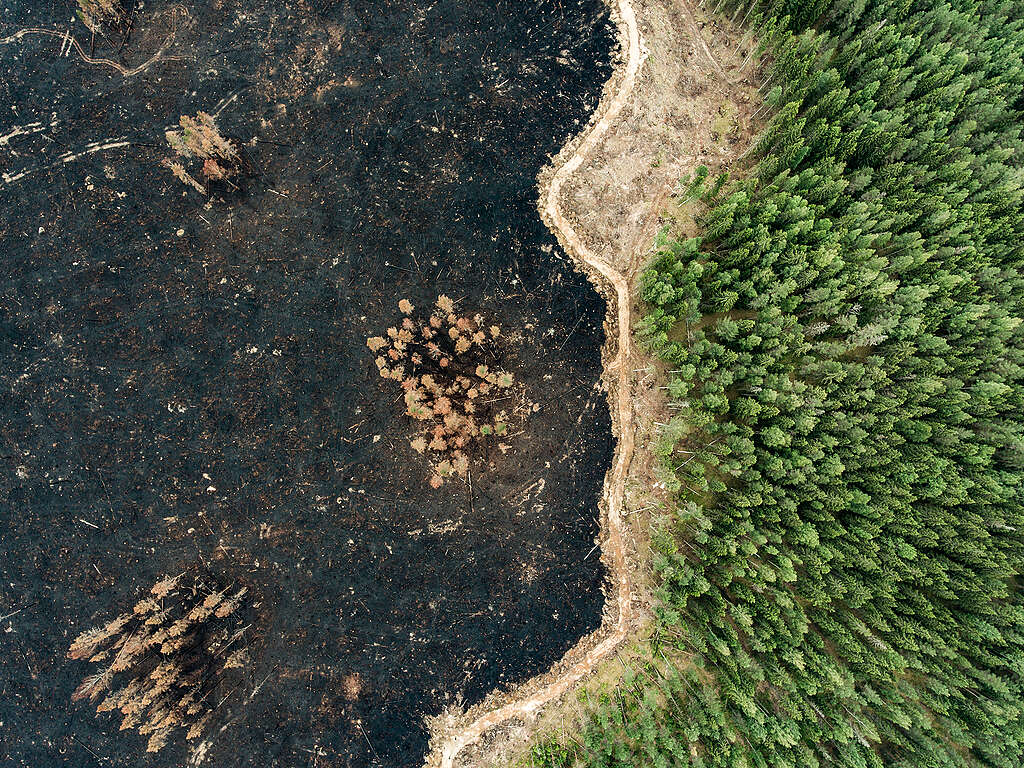
Nature crimes are usually committed far from the public eye. With the Nature Crime Files, we want to shine a spotlight on these abuses and put a stop to them. The cases of nature destruction we uncover show the serious failings of nature protection in Europe. Together with local environment defenders, we will expose these crimes and hold decision-makers and companies publicly accountable for their actions.
We need strong laws and enforcement to stop the #NatureCrime across the EU!
Our Demands
- Protect at least 30% of EU’s sea and land areas
- Effective implementation is key to success: To ensure ecosystems are protected from activities like industrial agriculture and forestry, the effective implementation is needed for nature to thrive.
- Sometimes interventions are needed for enhancement of natural processes; protected areas can involve active management only to enhance natural processes like preventing wildfires or restoration.
- We need undisturbed areas: At least one third of highly biodiverse and carbon-rich areas should remain strictly protected and untouched by humans.
- Restore 20% of EU’s sea and land areas: We not only need to protect our most precious ecosystems, but also bring back nature where it has been degraded.
- Redirect harmful subsidies and private financing towards nature restoration and resilience and just transition for affected communities whose income is affected by these actions.
- Transform the forestry system into a close-to-nature approach to forest management and put an immediate end to the exploitation of old-growth (ancient) forests.
- Putting an end to wood waste: Dramatically reduce the production and consumption of wood for energy and short-lived products and promote the use of long-lived products instead.
- Ditch false solutions such as carbon offsets, certification schemes or large monoculture tree farms.
Protection does not mean excluding people from nature. Land rights, access and sustainable use by Indigenous Peoples and local communities must therefore be an integral part of the concept of protection. We should also consider Europe’s biogeographical differences in target implementation, ensuring that conservation within Europe doesn’t harm forests and other ecosystems, or human rights elsewhere.
Nature Crime Files
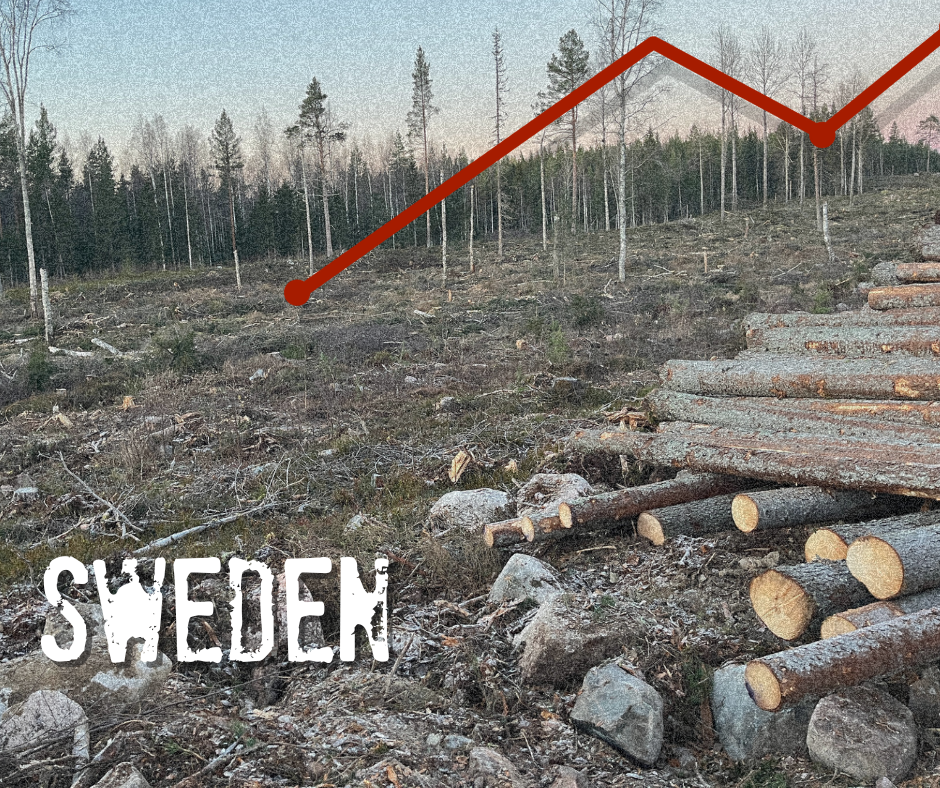
Over a hundred companies are at risk of receiving material that originated in unsustainably logged forests of Sweden
Insufficient governance and self-regulation of the Swedish forest industry has resulted in vital old forests being destroyed rather than protected.
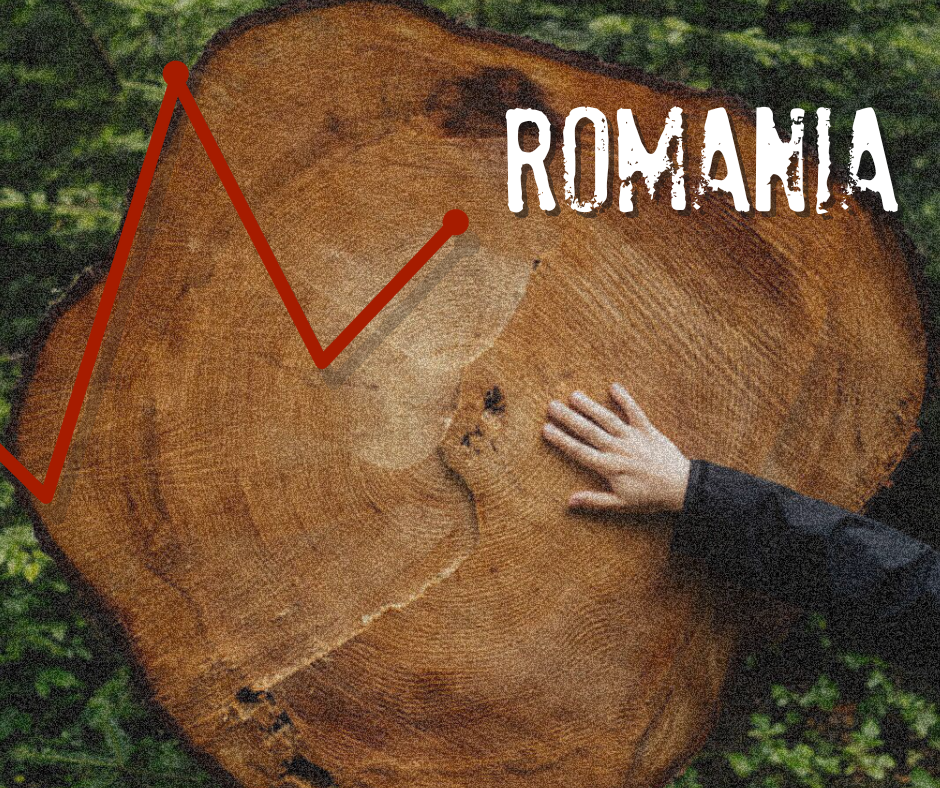
Acts of destruction committed with
bulldozers and chainsaws
This case shows how the unique and beautiful Carpathians forests in Romania are linked to fast furniture and how our European natural heritage may end up in our own homes.
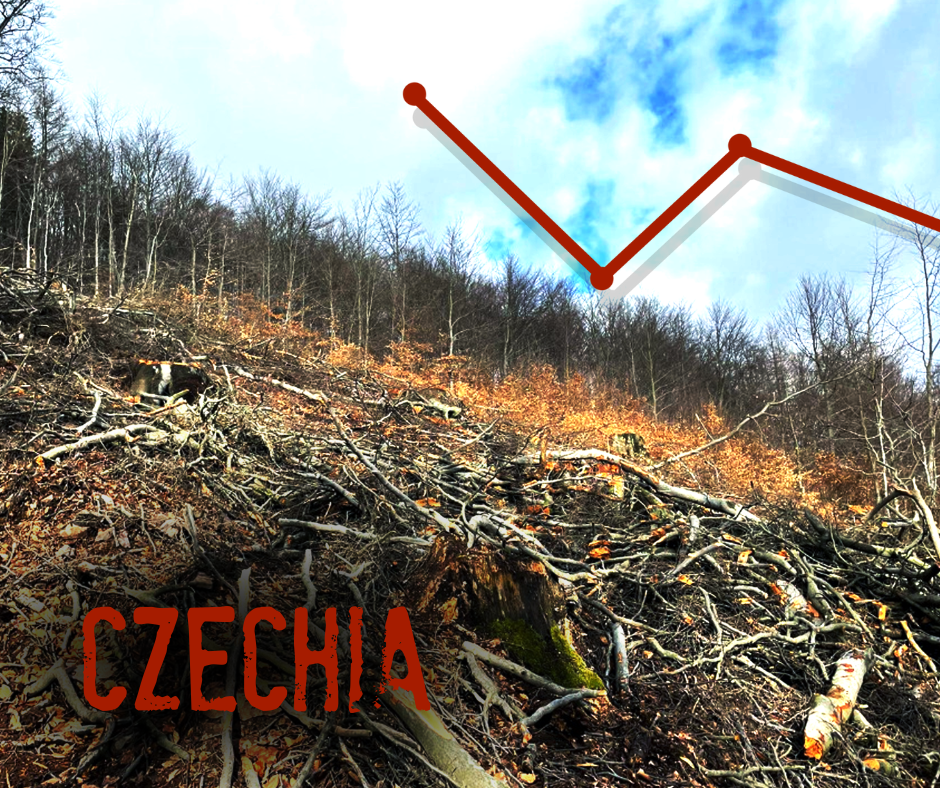
Pristine forests only protected on paper
Vital old-growth forests in Czechia are not effectively protected. Instead, they are turned into wood products and end up in European homes.
Stay tuned, there is more to come as we continue to investigate…
